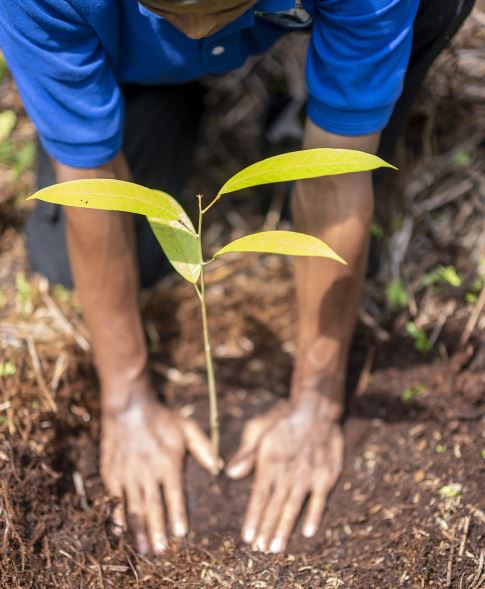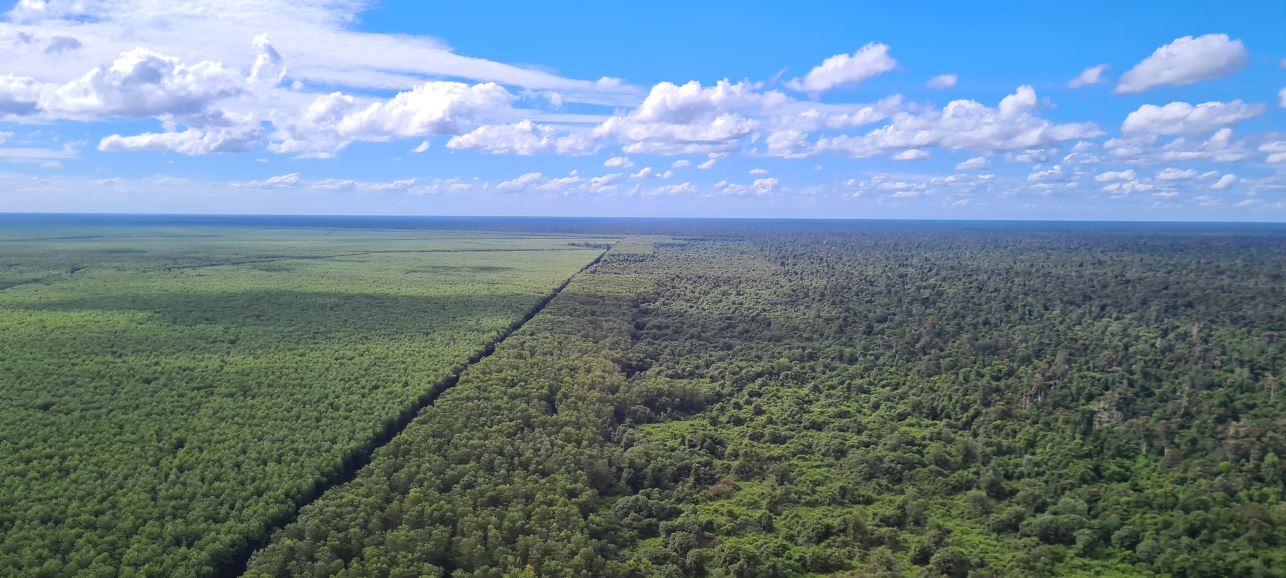July 28, 2023
Celebrated every year on July 28, World Nature Conservation Day is a time to appreciate the natural world and assess our ongoing efforts to protect it. Most of all, it is a day to remind ourselves of a simple fact: the foundation of a healthy society is a healthy environment.
The natural world is increasingly under pressure. With global temperatures rising, resources are dwindling and species are being driven to the brink of extinction. So what is being done to address these dangers? How can individuals play their part? And what does the conservation picture look like in Indonesia?
Before tackling these questions, let’s take a closer look at World Conservation Day itself.
Why was it created in the first place?
A growing human population means growing demand for basic necessities like water, living space, food, minerals, and fuel. To secure the future health of our planet and support its ability to provide us with the things we need, nature conservation is not just smart: it’s necessary for our survival.
Where does it come from?
The event was first set up by the Environmental Information System (ENVIS) Center in New Delhi, India. ENVIS soon gathered support from the Indian government’s Department of Environment and the Ministry of Environment and Forests, and the event struck a chord with the world at large. It is now a truly global phenomenon.
How can one day make a difference?
That’s a good question. It’s all about making minor adjustments to the way we live. If enough people make small improvements to their lifestyles, the cumulative impact of these actions can add up to massive changes. World Conservation Day is a time for raising awareness and sharing solutions – it’s when the global community can unite and make a shared commitment to live more sustainably.

What can individuals do to help?
There are loads of steps you can take – both big and small – to lower your carbon footprint and boost your conservation credentials. The World Conservation Day website offers eight specific activities that can make a difference:
When it comes to conservation, every little helps. On July 28, organizations around the world will host seminars, workshops, and volunteer programs designed to raise awareness and build up new activities at the grassroots level. To find out what’s going on in your area and to learn more about the day itself, follow the hashtag #WorldConservationDay. Every conservation journey has to begin somewhere. On July 28, why not take your first step?
RER in World Conservation Day
Supported by APRIL Group, the Restorasi Ekosistem Riau (RER) plays a role in preserving and protecting more than 150,000 hectares of peat swamp forests. These areas support 846 species of plants and animals have been recorded in RER, comprising 78 mammal species, seven primates, 317 bird species, 106 species of herpetofauna, 198 species of plants, 89 of fish, and 59 of odonata. RER regularly conducts wildlife monitoring while at the same time assessing the landscape through animal studies and surveys.
When RER first started in 2013, the landscapes were severely degraded by decades of illegal logging. Canals were dug to transport logs out of the forest, causing peat subsidence and making the forest vulnerable to fire as the soil dries. Therefore, since 2015, RER has been working to close old drainage canals to maintain peat moisture within normal seasonal fluctuations. To date, RER teams have identified 39 canal systems stretching 211 km across the RER restoration concessions. The goal is to restore water control at 40 cm elevation intervals along the entire canal network by 2025. Over five years, RER has achieved 74% of its target to build 89 dams to close 32 canal systems, totaling 180.7 kilometers in length and 14,522.9 hectares of impacted area on the Kampar Peninsula and Padang Island.
RER also restores the degraded area through replanting or assisted natural regeneration with native tree nurseries collected from the forest. There are more than 60 different tree species supported by the six RER plant nurseries on Padang Island and the Kampar Peninsula, which, together, can nurture almost 30,000 seedlings a year.

RER employs an integrated production-protection landscape approach, based around productive fiber plantations that work to protect the interior peat swamp forest and peat domes. These productive Acacia plantations create a buffer zone that mitigates human encroachment, illegal logging, and fires.
With its focus on climate, community, and biodiversity, RER is a demonstration of nature-based solutions in action. Through this approach, RER is supporting the Indonesian Government’s conservation agenda and helping to deliver lasting impacts for people and nature.
The benefits of these areas can be seen in the revival of endangered species, the providence of ecosystem services, sustainable livelihoods derived from natural resources, and the cultural value they offer to local communities.
As we celebrate World Conservation Day on July 28, let’s take a moment to acknowledge Indonesia’s conservation areas: nurseries of biodiversity, drivers of sustainable development, and the foundation of a healthy society.